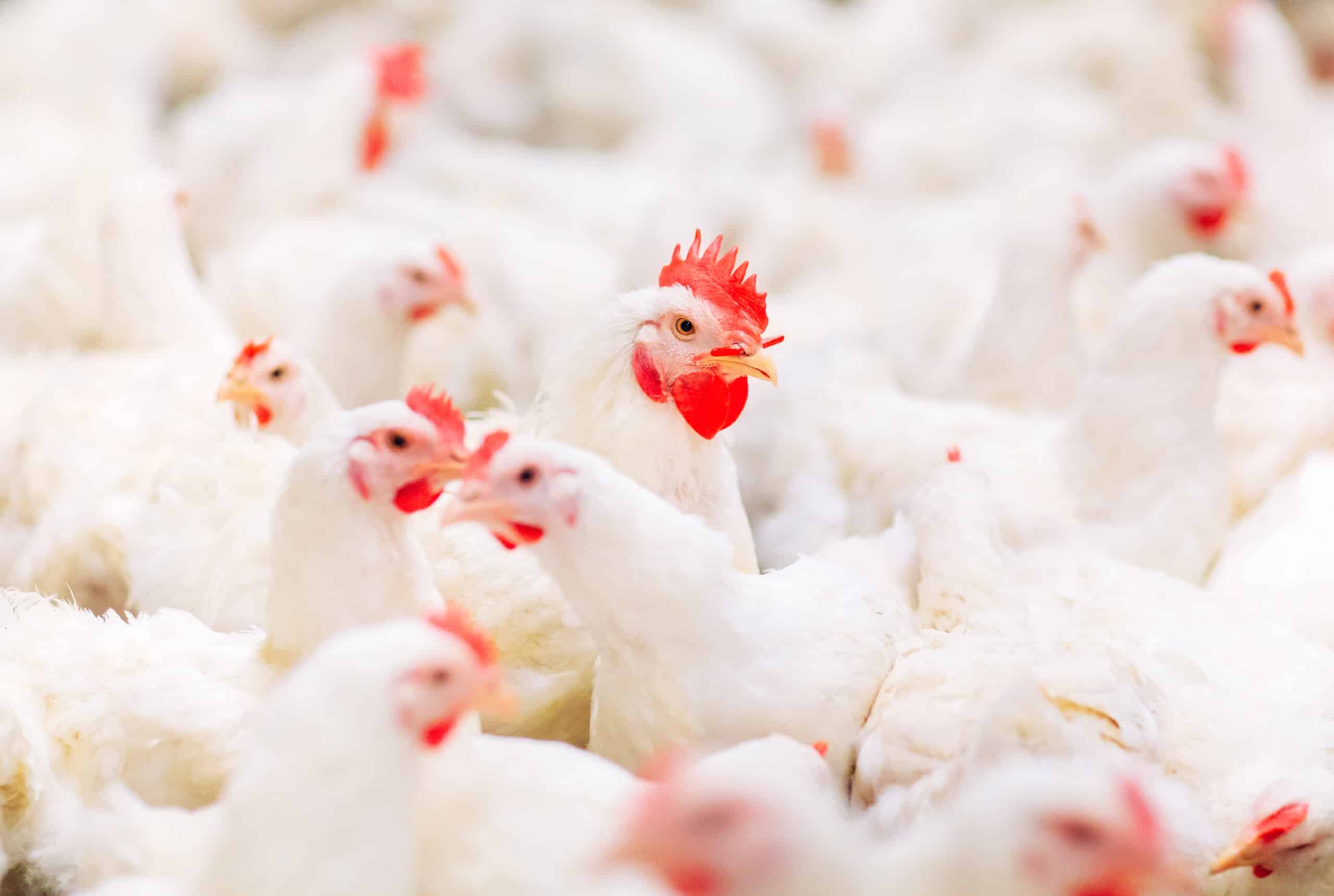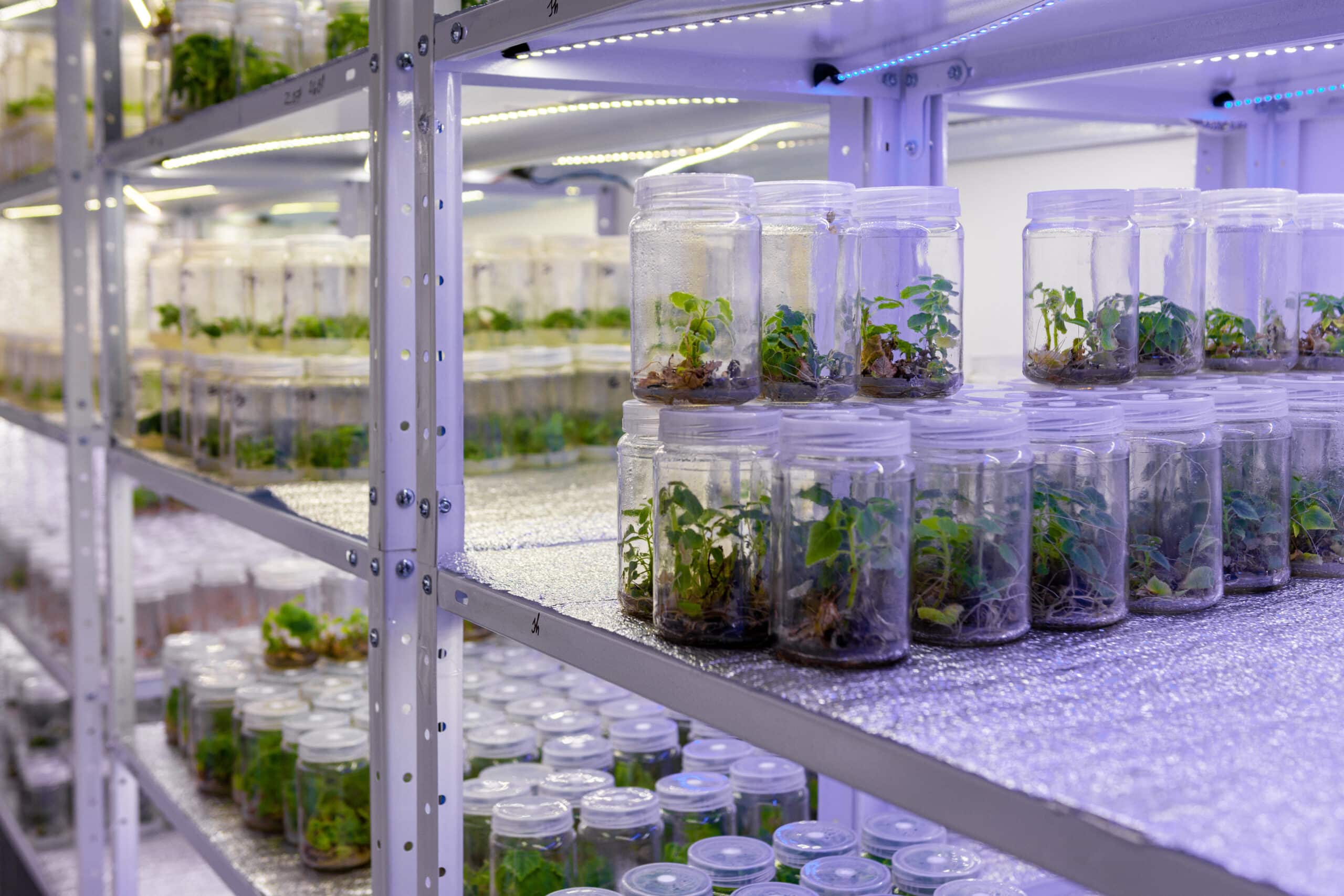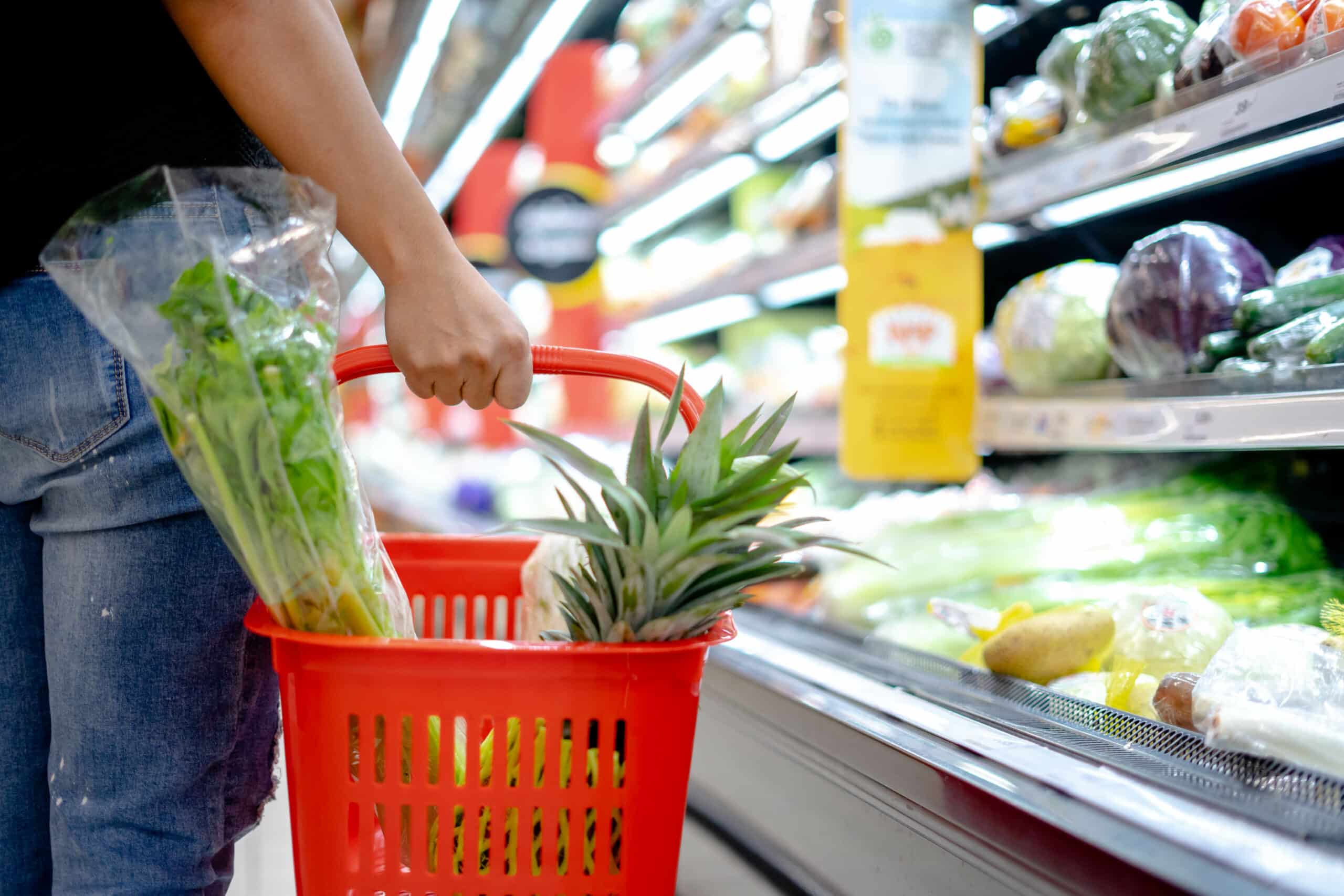Consumers have a major role in influencing the sustainability agenda within the food and agribusiness sector, arguably the most important. Through their purchasing patterns they have a major impact on which foods are being produced and how they are being produced. In recent years, consumer attitudes in developed countries towards sustainability has changed significantly. Sustainability and environmental concerns are increasingly top of mind as consumers make their purchasing decisions.
The impact on European food industry trends
In 2018, 48% of consumers said they would “definitely or probably change their consumption habits to reduce their impact on the environment”. A recent study on European consumers indicates a persistent influence on food industry trends. The study found that
Over half of consumers say that sustainability concerns have some influence (42.6%) or a lot of influence (16.6%) on their eating habits.
Slightly over 40% of consumers say they have either stopped eating red meat or have cut down due to environmental concerns.
When it comes to food, consumers primarily see ‘sustainable’ as a synonym for environmentally friendly, without GMOs and pesticides, and local, with some specificities across countries.
European consumers are, due to perceived reduced environmental footprint, more likely to consider plant-based ‘burgers’ (if made without GMOs) and traditional vegetarian foods (e.g., pulses) as alternatives to traditional meat-based protein.
How is this impacting food and agribusiness?
Attitudes surrounding issues such as climate change, deforestation, habitat and biodiversity loss, product carbon footprint and plastic pollution are driving a range of responses from the food and agribusiness sector. Three examples of consumer demand driving industry changes are outlined below.
Traceability and Authenticity
Consumers are increasingly concerned about the provenance and authenticity of their food. The demand for better transparency surrounding a products provenance and authenticity has led to more informative labelling, increased storytelling by brands around the origin of food products and rising demand for certification and standards.
Consumers are vocal about production practices that they deem to be unacceptable, and more pressure is being put on retailers and manufacturers to take action.
Consumers increased awareness of the potential negative externalities associated with the use of palm oil as an ingredient is a good example of this.
Many consumers began to avoid products that contained palm oil due to perceived unsustainable practices associated with the product, namely, its link with deforestation and habitat destruction in Southeast Asia.
Focus groups in Germany show that consumers express negative sentiments toward palm oil and there is a strong preference for palm oil-free products. The UK retailer Iceland has also been a vocal opponent to the use of palm oil in food ingredients and has eliminated palm oil as an ingredient in their own-brand products.
Similarly, many food companies have switched to using sustainable palm oil or introduced alternative fat sources into their products.
More plant-based consumption
There has been strong growth in plant-based proteins in developed countries due to their perceived environmental benefits, and this has led to some high-profile investments in alternative proteins.
Analysts project that the market for plant-based protein and lab-created meat alternatives in the US could be worth as much as $85billion by 2030.
Much of the market has been driven by start-ups such as Beyond Meat and Impossible Burger, however other investors are entering the market, and this includes some of the World’s biggest meat producers including Tyson, Smithfield, Perdue and Hormel.
These companies are also introducing blended options, for example, Tyson is introducing a part-meat, part-plant burger. And Perdue is selling blended nuggets, mixing poultry meat with cauliflower and chickpeas.
This trend is not just limited to the US with many players in the meat industry selling direct to consumers introducing portfolios of plant-based products. This shift in the industry shows the growth in plant-based options as they move from niche to mainstream.
The war against plastic
Consumers are being influenced by a whole range of factors relating to food, including attitudes towards food packaging – especially plastic. A 2019 study by the Grocery Manufacturers Association in the US found that more than three-quarters of Americans think the federal government should intervene to reduce packaging waste. Some 86% of Americans agree plastic and packaging use is an environmental crisis.
In general, according to Global WebIndex’s 2019 Sustainable Packaging Unwrapped report, 64% of consumers prefer packaging that incorporates recyclable materials, and nearly half do not want over packaged products. With COVID-19’s own impact on food industry trends, due to restrictions on foodservice driving additional demand for prepared foods and meals, the problem of sustainable packaging is likely to escalate and attract even more attention.
These issues are not going away, and food and agribusinesses need to understand long-term trends when making strategic investment decisions. By looking at long-term trends and taking a proactive approach they can help to identify opportunities to make food more sustainable as well as securing returns to the business.
Identifying the latest food industry trends
As consumer preferences shift towards sustainability, the food and agribusiness sector finds itself at a crucial juncture. Farrelly Mitchell recognises the transformative impact of these evolving consumer attitudes on food production, environmental conservation, and corporate responsibility. Our suite of services, including sustainability and esg, traceability & transparency, and market entry & development, is designed to align businesses with the demand for environmentally friendly and ethically produced food options.
Our approach is rooted in a deep understanding of market dynamics and consumer behaviour, ensuring our clients are not only prepared for the current shift but are also positioned as leaders in the movement towards a more sustainable and inclusive food system. Get in touch now to learn more.














